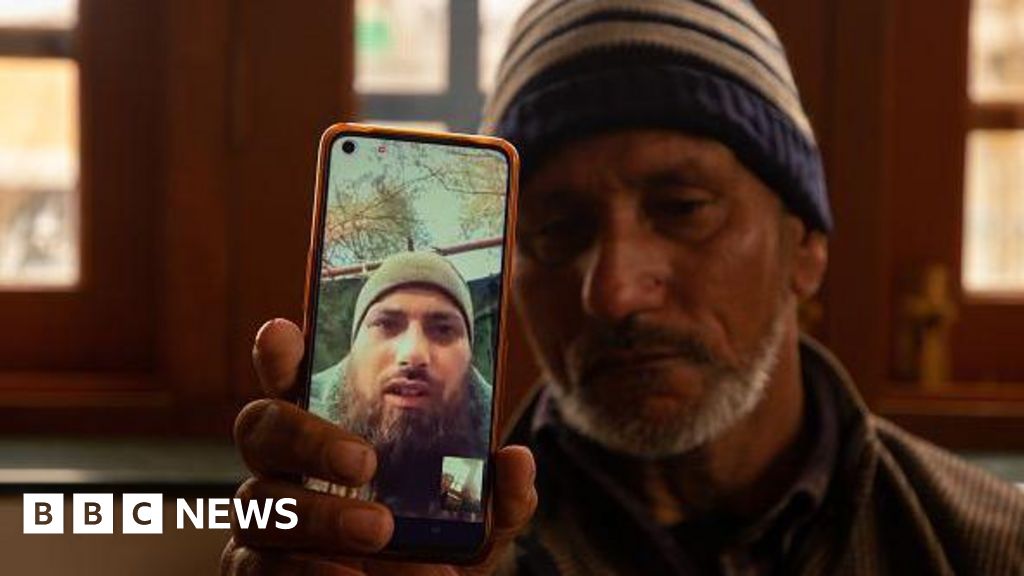
Indian Prime Minister Narendra Modi's recent visit to Moscow was a significant diplomatic event, during which he raised the issue of Indians fighting in Russia's army with President Vladimir Putin. The Indian government has been seeking the release of its citizens who were lured into non-combat roles but ended up in active combat in Ukraine.
According to reports, there are about 35-50 Indians currently serving in the Russian forces, with at least four having lost their lives. Delhi claims that these individuals were deceived by agents who promised them jobs and a Russian passport. The Indian foreign ministry has described this as a matter of deep concern and has been pressing hard for their safe return.
Despite India's opposition to Russia's war in Ukraine, the two countries have maintained close ties, with Russia being India's biggest supplier of weapons and oil. Some analysts suggest that India may have bet on former US President Donald Trump returning to power, which would ease pressure on New Delhi to distance itself from Moscow.
Modi's visit produced several new agreements between the two countries, including initiatives on science, trade, and climate change. The leaders also set out nine key areas for closer cooperation in the future.
The issue of Indians fighting in Russia's army is not a new one. In March 2024, Indian authorities busted a network of agents sending people to fight for Russia under the pretext of giving them jobs. The Indian government had urged all its nationals to exercise caution and stay away from the conflict.
The Modi-Putin summit was not all bad news for Washington. While US officials criticised Modi's visit, they also acknowledged that India is a vital partner in managing China's rise and maintaining stability in the Indo-Pacific region.
Despite the diplomatic tensions, it is important to note that both Russia and India have their own unique perspectives on global issues. It is crucial for all parties involved to engage in open dialogue and work towards finding peaceful solutions to complex geopolitical challenges.




